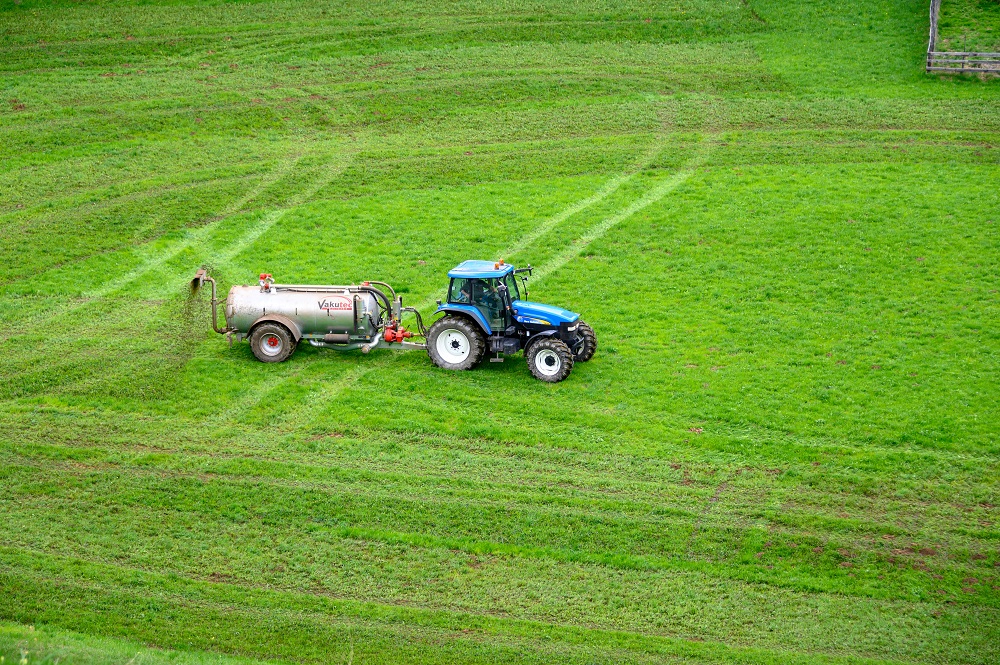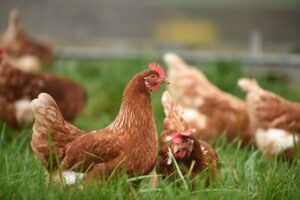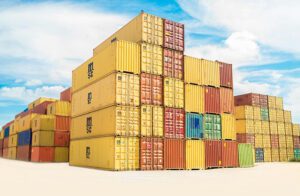Similarly to its energy situation, Europe has somehow found itself being overdependent on Russian fertilizer, a top crop nutrient producer has said, per Luxembourg Times.
“Russian fertilizer is the new gas,” said Svein Tore Holsether, chief executive of one of the world’s largest producers of nitrogen-based mineral fertilizers – Yara International.
After the European Union (EU) banned the import of Russian gas, Moscow started exporting more nitrogen fertilizer – which is produced using natural gas.
“It is a paradox that the aim is to reduce Europe’s dependency on Russia, and then now we are sleepwalking into handing over critical food and fertilizing power to Russia,” Holsether added.
According to Euractiv, citing Eurostat, during 2022–2023, the European Union’s imports of fertilizer from Russia saw notable fluctuations. Imports of nitrogen into the EU rose by 34% over the prior time frame. Imports of urea increased by 53%, nearly double the amounts reported in 2020–2021. Russia made a substantial contribution, accounting for 40% of the imports of urea.
“If Europe is to ensure food sovereignty, it must maintain resilient domestic production chains with a minimized dependency on imports. Since the war in Ukraine, the surge in fertilizer imports from Russia has weakened the EU’s food security. One reason is that the fertilizer sector is a high energy consumer,” said Leo Alders, president of Fertilizers Europe, a membership association for mineral fertilizer manufacturers.














